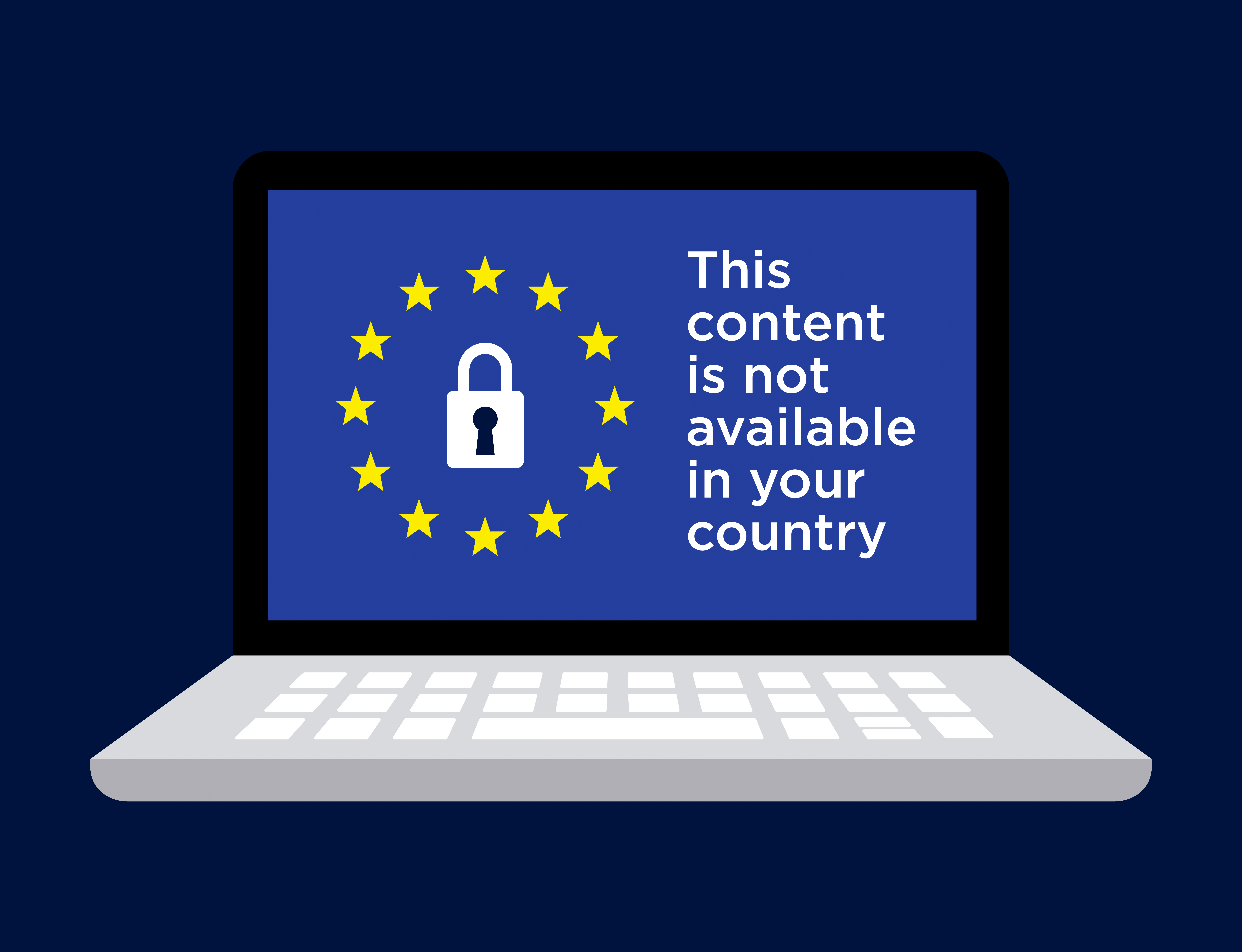The panel wants to make prescription analgesics even harder to obtain.
In the report it published yesterday, the President’s Commission on Combating Drug Addiction and the Opioid Crisis, chaired by New Jersey Gov. Chris Christie, endorses what has become the standard explanation for the rise in opioid-related deaths during the last decade and a half. “A widely held and supportable view is that the modern opioid crisis originated within the healthcare system,” the report says. The problem began, it explains, with “a growing compulsion to detect and treat pain.”
According to this narrative, doctors in the late 1990s began to underestimate the risk of addiction and overdose among patients prescribed narcotics for pain. Responding to ill-informed advocacy on behalf of pain patients and deceptive marketing by drug companies, they lost their entirely appropriate fear of opioids and began prescribing them left and right. The surge in prescriptions led to a surge in “iatrogenic addiction” (i.e., addiction caused by treatment) and overdose deaths. To correct that disastrous mistake, the Christie commission says, doctors need to worry less about the suffering caused by untreated pain and more about the dangers posed by painkillers.
That response is fundamentally misguided because the narrative endorsed by the commission is wrong in several crucial ways. Doctors did not mistakenly believe that the dangers posed by opioids had been greatly exaggerated. They correctly believed that the dangers posed by opioids had been greatly exaggerated, and they were right to think that excessive fear of opioids had led to inadequate pain treatment. Contrary to the impression left by a lot of the press coverage, opioid addiction and opioid-related deaths rarely involve drug-naive patients who accidentally get hooked while being treated for pain. They typically involve polydrug users with histories of substance abuse and psychological problems. Attempts to prevent overdoses by closing off access to legally produced narcotics make matters worse for both groups, depriving pain patients of the analgesics they need to make their lives livable while driving nonmedical users into a black market where the drugs are more variable and therefore more dangerous.































